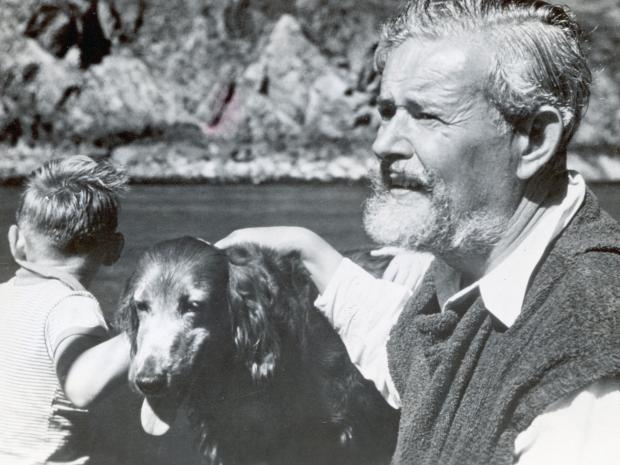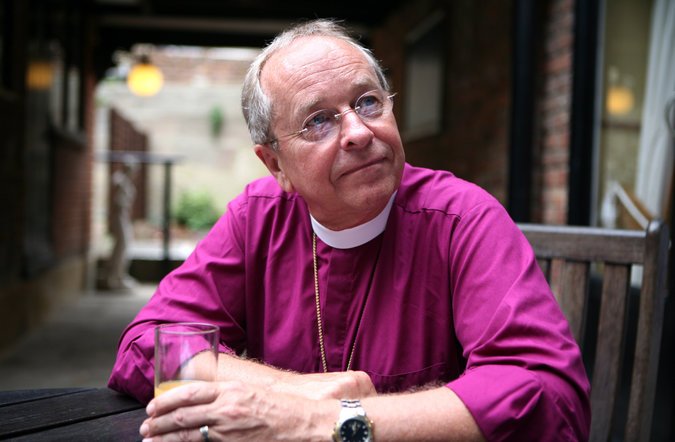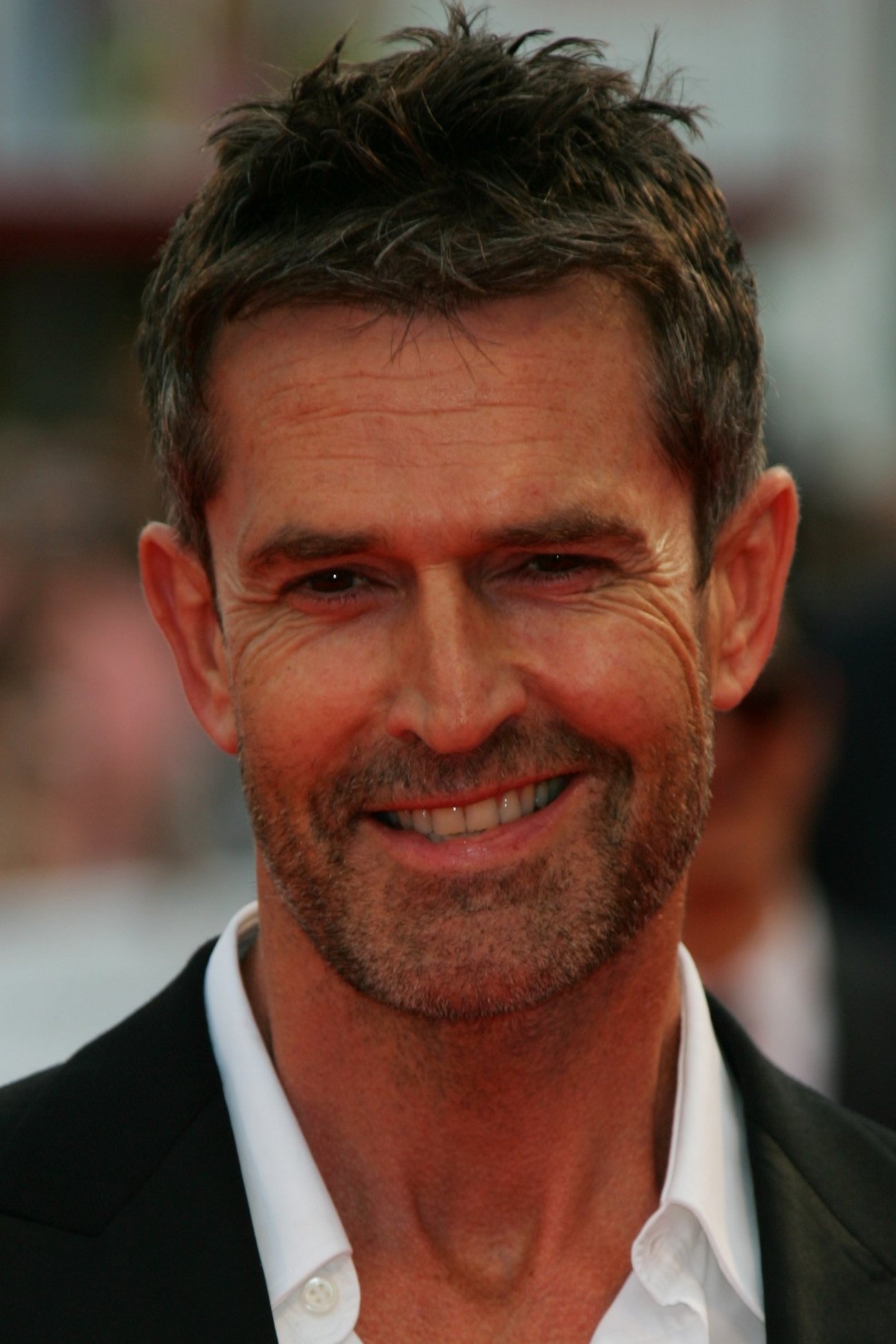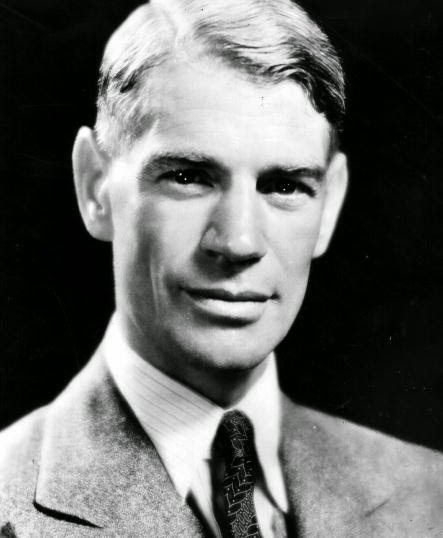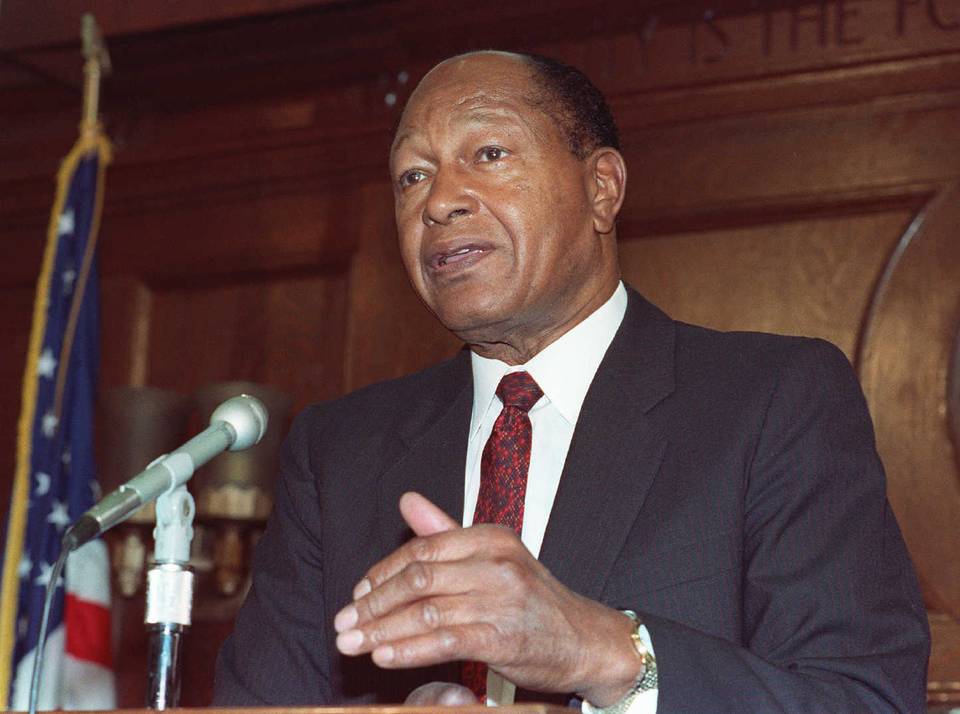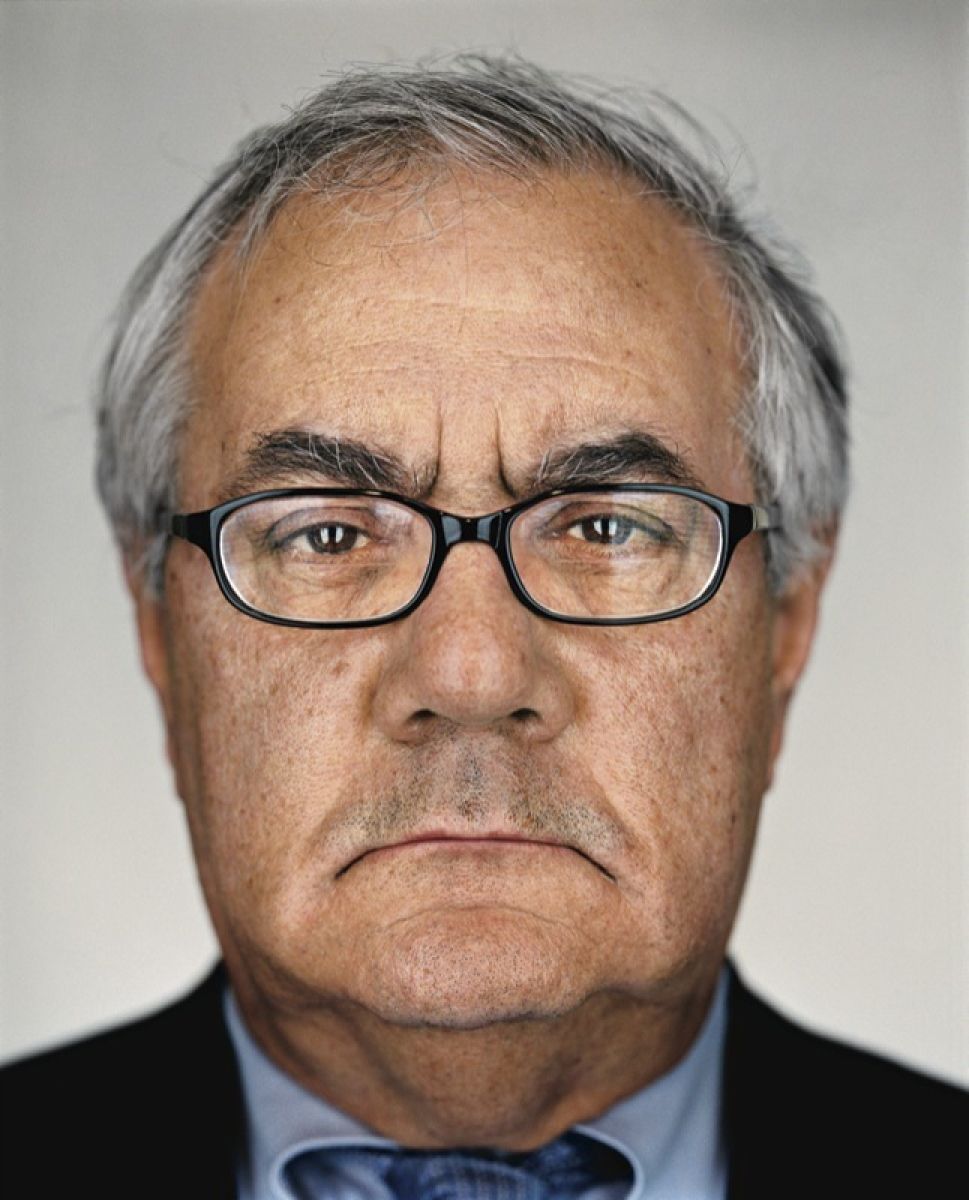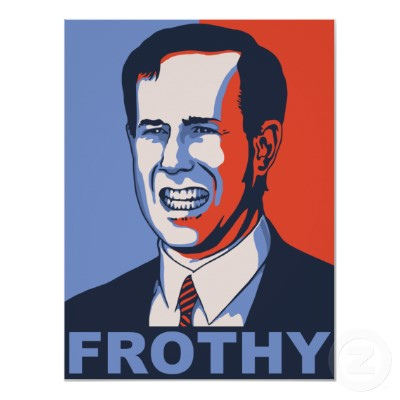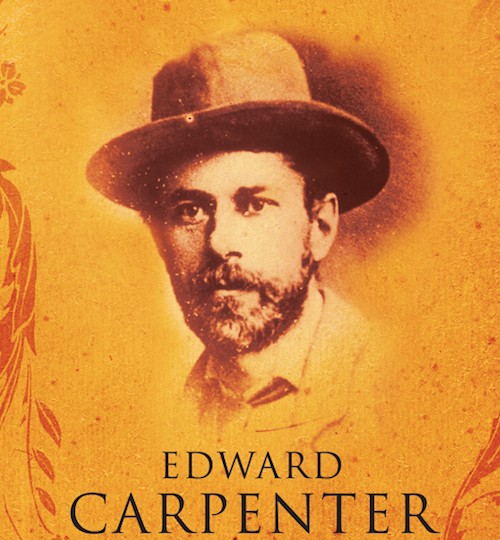|
Gay Wisdom for Daily Living brought to you by White Crane Institute ͏ ͏ ͏ ͏ ͏ ͏ ͏ ͏ ͏ ͏ ͏ ͏ ͏ ͏ ͏ ͏ ͏ ͏ ͏ ͏ ͏ ͏ ͏ ͏ ͏ ͏ ͏ ͏ ͏ ͏ ͏ ͏ ͏ ͏ ͏ ͏ ͏ ͏ ͏ ͏ ͏ ͏ ͏ ͏ ͏ ͏ ͏ ͏ ͏ ͏ ͏ ͏ ͏ ͏ ͏ ͏ ͏ ͏ ͏ ͏ ͏ ͏ ͏ ͏ ͏ ͏ ͏ ͏ ͏ ͏ ͏ ͏ ͏ ͏ ͏ ͏ ͏ ͏ ͏ ͏ ͏ ͏ ͏ ͏ ͏ ͏ ͏ ͏ ͏ ͏ ͏ ͏ ͏ ͏ ͏ ͏ ͏ ͏ ͏ ͏ ͏ ͏ ͏ ͏ ͏ ͏ ͏ ͏ ͏ ͏ ͏ ͏ ͏ ͏ ͏ ͏ ͏ ͏ ͏ ͏ ͏ ͏ ͏ ͏ ͏ ͏ ͏ ͏ ͏ ͏ ͏ ͏ ͏
|
|
||||
| This Day in Gay History | ||||
May 29Born 1906 - T.H. WHITE, British author (d. 1964); English author best known for his sequence of Arthurian novels, The Once and The Future King, first published together in 1958, Terence Hanbury White, known to his friends as Tim White, may be said to have spent most of his life fleeing from his sexuality, which he feared. “The best thing for being sad is to learning something,” said Merlin in The Sword and The Stone, the first book of White’s Arthurian books. Throughout his life he armed himself against his Gayness by exploring new fields of knowledge and endeavor – whether it was painting or plowing a field, hunting or Irish history, the Arthurian legends, flying or falconry – all of which became the raw material for his many books. The author of The Once and The Future King (which, of course, became Lerner and Loewe’s Camelot) allowed himself to love without reserve only once, and the recipient of that love was his red Irish setter, Brownie. Sad. 1947 - The Right Reverend GENE ROBINSON was born on this date. He was the ninth bishop of the Diocese of New Hampshire in the Episcopal Church in the United States of America. Robinson was elected bishop in 2003 and entered office on March 7, 2004. Prior to becoming bishop, he served as assistant to the retiring New Hampshire bishop. Robinson is best known for being the first openly gay, non-celibate priest to be ordained a bishop in any Christian denomination believing in the historic episcopate. His homosexual feelings were privately acknowledged in the 1970s, when he studied in seminary, was ordained, married, and started a family. He went public with his sexual identity and divorced in the 1980s. His story has appeared in print and film. In 2011 his memoir "In the Eye of the Storm: Swept to the Center by God" was released. He announced his intention to retire in 2013, at 65. His successor is A. Robert Hirschfeld, who was elected bishop coadjutor on May 19, 2012 and consecrated bishop in Concord, New Hampshire on August 4, 2012. Hirschfeld served with Robinson until Robinson's formal retirement on January 5, 2013. Robinson and his partner of twenty-five years were married in a private ceremony in 2008. But Robinson announced in 2015 that he and his husband would be seeking a divorce. The announcement was made public in a statement to the Diocese of New Hampshire. “As you can imagine, this is a difficult time for us — not a decision entered into lightly or without much counseling,” Robinson wrote in a letter. “We ask for your prayers, that the love and care for each other that has characterized our relationship for a quarter century will continue in the difficult days ahead.” 1959 - RUPERT EVERETT, English actor, born; a two-time Golden Globe-nominated English film actor and former singer. He first came into public attention in the early 1980s when he was cast in Julian Mitchell's play and subsequent film Another Country for playing an openly Gay student at an English public school, set in the 1930s. Since then he has appeared in many other films with mostly major roles, including , The Next Best Thing, My Best Friend's Wedding and the Shrek series. He dropped out of school aged fifteen and ran away to London to become an actor. To support himself, he worked as a hustler, or "rent boy", for drugs and money as he later admitted to US Magazine in 1997. After being dismissed from the Central School of Speech and Drama for insubordination, he traveled to Scotland and got a job at the Citizen's Theatre in Glasgow. In 2006, he published a memoir, Red Carpets and Other Banana Skins. in which he revealed he had had a six-year affair with British television presenter, Paula Yates. “I am mystified by my heterosexual affairs — but then I am mystified by most of my relationships," he said, with the article describing him as bisexual rather than homosexual. But in a radio show with Jonathan Ross, Everett described his heterosexual affairs as resulting from adventurousness: "I was basically adventurous, I think I wanted to try everything." In an interview on This Morning he simply described himself as homosexual, making a joke of any suggestion he might find a woman attractive. 1961 - MELISSA ETHERIDGE, American musician, born; Academy Award-winning and two-time Grammy-winning American rock singer-songwriter and musician. In 1982, Etheridge moved from Leavenworth, Kansas to Los Angeles to break into the music business. She got some small gigs performing at The Candy Store on the Sunset Strip, as well as two Lesbian bars, the Executive Suite in Long Beach and Vermie's in Pasadena. Some of her early fans from Vermie's gave her demo tape to Bill Leopold, a friend's husband who worked in the music business. Etheridge auditioned for Leopold, who was so impressed that he offered to represent her on the spot. As Etheridge continued performing in Lesbian bars in Los Angeles, Leopold arranged for music executives to come see her play. Eventually, she caught the attention of A&M Records, who hired her as a staff songwriter. For two years, Etheridge wrote music for A&M and many of her songs were recorded by mainstream artists. In 1985, Etheridge sent her demo to Olivia Records, a Lesbian record label, but was ultimately rejected. She saved the rejection letter, signed by "the women of Olivia," which was later featured in Intimate Portrait, the Lifetime Television documentary of her life. Etheridge is famous as a Gay Rights activist, having come out publicly in January 1993 at the Triangle Ball, a Gay/Lesbian celebration of President Bill Clinton's first inauguration. She is also a committed advocate for environmental issues and in 2006, she toured the US and Canada using biodiesel. Etheridge had a long-term partnership with Julie Cypher, which made headlines. During this partnership, Cypher gave birth to two children, Bailey Jean, born February 1997, and Beckett, born November 1998, fathered by sperm donor David Crosby. In 2000, Cypher began to reconsider her sexuality and in September, Etheridge and Cypher announced they were separating. In 2001, Etheridge documented her breakup with Cypher and other experiences in her memoir The Truth Is... My Life in Love and Music. In the book, Etheridge recounts that she was molested by her sister, Jennifer, over five years as a child, and mentions an alleged affair Cypher had with k.d. lang. After splitting from Cypher, Etheridge went on to exchange vows in a 2003 commitment ceremony with actress Tammy Lynn Michaels. In 2004, Melissa Etheridge was diagnosed with breast cancer and underwent chemotherapy and is now in remission. Died Noteworthy 2003 - Sex columnist, humorist, activist and gay hero DAN SAVAGE successfully Google bombs radical (now former) Republican Senator Rick Santorum with a redefinition of Santorum’s distinctive surname: santorum: [pronunciation: san-TOR-um] Function: noun — a sexual neologism for a "frothy mixture of lube and fecal matter that is sometimes the byproduct of anal sex. The term was proposed in 2003 to "memorialize" then U.S. Senator Santorum from Pennsylvania, in response to the controversy over Santorum’s statements on homosexuality. In an April 2003 interview with the Associated Press, Santorum stated, "If the Supreme Court says that you have the right to consensual (gay) sex within your home, then you have the right to bigamy, you have the right to polygamy, you have the right to incest, you have the right to adultery." Santorum further stated that he believed consenting adults do not have a constitutional right to privacy with respect to sexual acts. As a result, Savage asked his readers to submit new definitions for the term. The word became a successful Google bomb when Savage created a website for it, which unseated the Senator's official website as the top search result for his surname on the Google web search engine. The winning definition was submitted by "Wipe Up That Santorum, Anal Pokers" in Savage’s May 29, 2003 column. Votes were collected by e-mail, and the winning definition was announced June 12; Savage concluded by asking for questions about santorum, and urged his readers to get the word out. Savage has said that the winner was a "perfect fit," as there was no prior name for it. Santorum, he explained, is "unwelcome. If you’re doing [anal sex] right, it’s not gonna happen, and if it happens, it’s a bit of a killjoy, which is what it would be if the actual senator strolled into the room." Savage set up a website, santorum.com. The site, also known as Spreading Santorum, gives the definition of the term "santorum," under which a brown, splattered stain appears on the otherwise-white page. After this…ahem…splash page, the site features letters to Savage tracking the dissemination of the term. The site includes a video of a person asking Santorum about the term at a town meeting-style forum and a letter that Santorum sent to a man in California outlining his objections to the "obscenity" of the website. Savage considered he had met his goal of "rubbing it in [Santorum's] nose." Santorum ran for the Republican nomination for President in 2012 and in 2016. The high Google ranking of santorum.com in searches for his name was seen as a problem for him in 2012. One reputation management professional who specialized in helping individuals with such issues commented, "It's devastating. This is one of the more creative and salient Google issues I've ever seen." He managed to offend most voters even without the aid of Savage. His main campaign issues were opposing gay rights and opposing birth control. Nevertheless, he won eleven primaries and caucuses, which should give everyone pause, and received nearly four million votes. Santorum officially endorsed Romney on May 7, 2012 after coming in second for the nomination (he avers). Check it out here: http://www.spreadingsantorum.com Today's Gay Wisdom 2018 - TODAYS GAY WISDOM From Edward Carpenter's Ioläus I CONCLUDE this collection with a few quotations from Whitman, for whom "the love of comrades "perhaps stands as the most intimate part of his message to the world — "Here the frailest leaves of me and yet my strongest lasting." Whitman, by his great power, originality and initiative, as well as by his deep insight and wide vision, is in many ways the inaugurator of a new era to mankind; and it is especially interesting to find that this idea of comradeship, and of its establishment as a social institution, plays so important a part with him. We have seen that in the Greek age, and more or less generally in the ancient and pagan world, comradeship was an institution; we have seen that in Christian and modern times, though existent, it was socially denied and ignored, and indeed to a great extent fell under a kind of ban; and now Whitman's attitude towards it suggests to us that it really is destined to pass into its third stage, to arise again, and become a recognized factor of modern life, and even in a more extended and perfect form than at first. [As Whitman in this connection (like Tennyson in connection with In Memoriam) is sure to be accused of morbidity, it may he worthwhile to insert the following note from In re Walt Whitman, p. 115," Dr. Drinkard in 1870, when Whitman broke down from rupture of a small blood-vessel in the brain, wrote to a Philadelphia doctor detailing Whitman's case, and stating that he was a man ' with the most natural habits, bases, and organization he had ever seen.]' "It is to the development, identification, and general prevalence of that fervid comradeship (the adhesive love, at least rivaling the amative love hitherto possessing imaginative literature, if not going beyond it), that I look for the counterbalance and offset of our materialistic and vulgar American Democracy, and for the spiritualization thereof. Many will say it is a dream, and will not follow my inferences; but I confidently expect a time when there will be seen, running like a half-hid warp through all the myriad audible and visible worldly interests of America, threads of manly friendship, fond and loving, pure and sweet, strong and lifelong, carried to degrees hitherto unknown-not only giving tone to individual character, and making it unprecedentedly emotional, muscular, heroic, and refined, but having deepest relations to general politics. I say Democracy infers such loving comradeship, as its most inevitable twin or counterpart, without which it will be incomplete, in vain, and incapable of perpetuating itself." Democratic Vistas note: The three following poems are taken from Leaves of Grass: "Recorders ages hence, Leaves of Grass, 1891 " When I heard at the close of the day how my name had been receiv'd "I hear it was charged against me that I sought to destroy institutions, | ||||
|
|8|O|8|O|8|O|8|O|8|O|8|O|8|O|8| Gay Wisdom for Daily Living from White Crane Institute "With the increasing commodification of gay news, views, and culture by powerful corporate interests, having a strong independent voice in our community is all the more important. White Crane is one of the last brave standouts in this bland new world... a triumph over the looming mediocrity of the mainstream Gay world." - Mark Thompson Exploring Gay Wisdom & Culture since 1989! |8|O|8|O|8|O|8|O|8|O|8|O|8|O|8| | ||||
|
|||||
|

